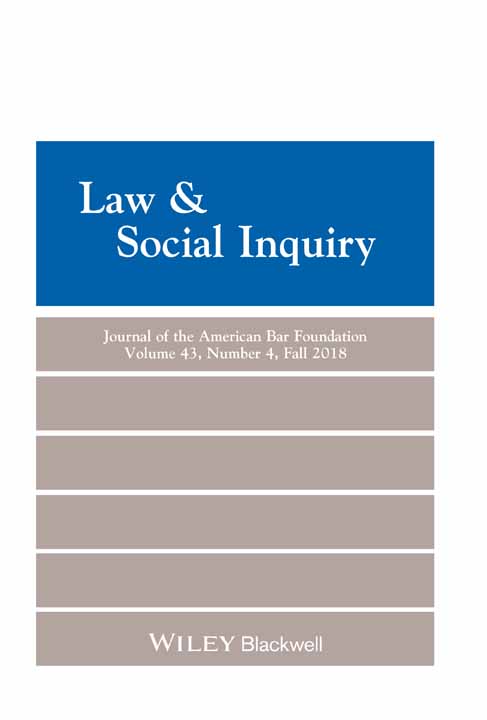Coastal Land Management in Florida
He served as an appointee of Governor Reubin O'D. Askew on the governor's Task Force on Resource Management (1971–72), Florida Environmental Land Management Study Committee (1972–74), and Florida Law Revision Council (1974–76).
In the introduction to this series of articles, 1978 A.B.F. Res. J. 153, the author acknowledged his gratitude to those, including the American Bar Foundation, who supplied the financial and other essential support for this article, parts of which were earlier submitted in partial fulfillment of the requirements for the degree of Doctor of the Science of Law in the Faculty of Law, Columbia University. The author is indebted, additionally, to Professor Frank P. Grad for his continued encouragement and inspiration and to the many Floridians who, through personal interviews and other assistance, contributed to the author's understanding of Florida's legal and political processes, particularly those Floridians who gave helpful comments on various parts of earlier drafts of this article, including Robert Angerer, Earl Gallop, James May, Daniel O'Connell, Nancy Stroud, and William Townsend, and to Charles Siemon, of Chicago.
Abstract
During the 1970s, the Florida legislature enacted some of the nation's most innovative and comprehensive state and local land-planning and regulatory programs. The Environmental Land and Water Management Act of 1972 adopted large parts of an early draft of article 7 of the ALI Model Land Development Code, thereby asserting a state regulatory role in areas of critical state concern and for developments of regional impact; Florida's Local Government Comprehensive Planning Act of 1975 introduced planning and regulatory innovations that, if ever fully implemented, could place Florida in the vanguard of land regulatory reform at the local governmental level. This study, which is the concluding part of a study of the evolution of federal, state, and local regulatory roles in the management of coastal land resources, examines the intergovernmental, interagency, and separate-branch tensions that have emerged as Florida moves to implement its new laws. Included, inter alia, is an analysis of the Florida Supreme Court's controversial nondelegation decision in Askew v. Cross Key Waterways. Although Florida can claim some limited successes in program implementation, its land management systems are still not adequately integrated and coordinated, and they have not been implemented as successfully as their proponents thought possible. For example, the state has several alternatives for complying with the federal requirements for an approved management program under the Federal Coastal Zone Management Act of 1972—the comprehensive land management system examined in this study being only one of the available ones. Yet Florida still has been unable to obtain federal approval, and, if it ever does, will be one of the last of the major coastal states to do so. Much of Florida's difficulty in forging a well-integrated coastal land management process is attributable to substantial disagreements on two basic propositions: because of Florida's unique ecological characteristics, coastal land management should not be divorced from comprehensive land management for other purposes; and because of substantial regional diversities within the state, coastal land management in Florida should include a significant planning and regulatory role for local governments as well as for regional and state agencies.




